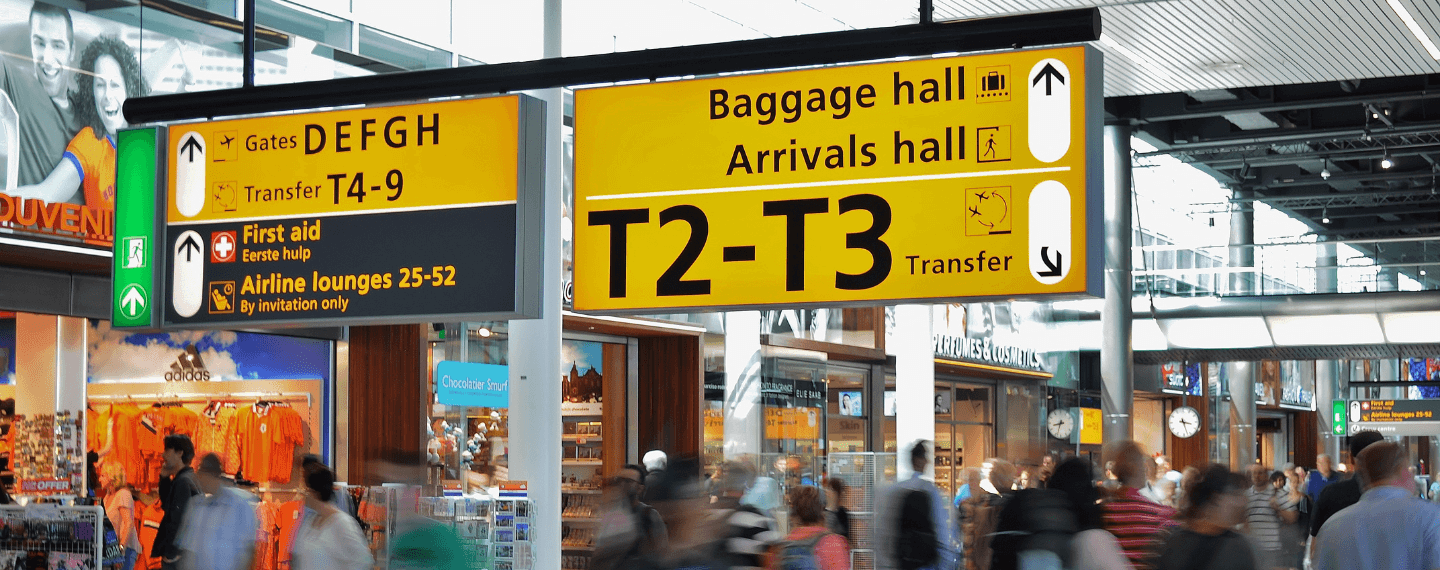
Which are the UK’s worst airports for delays in 2024? The aviation industry in the United Kingdom faced significant challenges throughout 2024, with various factors from extreme weather to technical issues impacting flight schedules across the nation’s airports. Recent analysis of Civil Aviation Authority (CAA) data by AirTravel Claim has revealed striking disparities in cancellation rates among UK airports, painting a clear picture of which hubs managed disruptions most effectively.
The UK’s Most Affected Airports
Southampton Airport emerged as the most affected airport facility, with an average monthly cancellation rate of 3.3% between January and November 2024. The situation peaked in November when 5.5% of flights were cancelled. The airport’s struggles were particularly evident in February, with a 4.9% cancellation rate coinciding with threatened industrial action by firefighters and technicians, although the strike was ultimately averted.
London City Airport secured the second position on the list, with 2.9% of flights cancelled on average each month. This higher rate at London City might be particularly significant given its importance to business travellers and its location in the heart of the UK’s financial district.
Weather and Infrastructure Challenges
The data highlights how UK airports continue to grapple with weather-related disruptions, particularly during winter months. January and February proved especially problematic, with storms, snow, and fog leading to numerous cancellations. These weather-related challenges underscore the ongoing need for improved resilience in UK aviation infrastructure.
Passenger Rights and Compensation
In light of these disruptions, understanding passenger rights has become increasingly important. According to AirTravel Claim’s Chief Executive Vik Tandon, passengers affected by cancellations have several options available to them:
- The right to be rebooked on an alternative flight to their destination
- The option to be booked with a different airline if the original carrier cannot provide a timely alternative
- The right to a full refund if they choose not to travel
- Potential compensation of up to £520 for cancellations with less than two weeks’ notice on UK or EU-based carriers
Success Stories
Despite the challenges faced by some airports, others demonstrated remarkable resilience. Bournemouth Airport emerged as the star performer, with an impressively low average monthly cancellation rate of just 0.04%. Liverpool and Luton airports also achieved notable success, managing to maintain zero cancellations during some months of the year.
The Complete Picture
The CAA statistics reveal the following average monthly cancellation rates for major UK airports between January and November 2024:
Most affected airports (with more than 1.5% cancellation rate):
– Southampton: 3.3%
– London City: 2.9%
– Cardiff: 2.2%
– Glasgow: 2.1%
– Leeds Bradford: 1.8%
– Heathrow: 1.65%
Moderately affected airports (0.9-1.5% cancellation rate):
– Gatwick: 1.4%
– Newcastle: 1%
– Edinburgh: 1.16%
– Manchester: 0.9%
– Birmingham: 0.9%
Best-performing airports (less than 0.9% cancellation rate):
– Bristol: 0.7%
– Stansted: 0.65%
– Liverpool: 0.52%
– Luton: 0.5%
Looking Forward
These statistics serve as a valuable benchmark for both airports and passengers. For travellers, they provide insight into which airports might offer more reliable service.
The variation in cancellation rates between airports suggests that local factors, such as infrastructure investment, operational procedures, and geographic location, play significant roles in an airport’s ability to maintain reliable service. The success of airports like Bournemouth, Liverpool, and Luton in maintaining low cancellation rates demonstrates that consistent performance is achievable even in challenging conditions.
As we move forward, these insights should inform both infrastructure investment decisions and passenger choices. For travellers, understanding these patterns can help in planning more reliable journeys, while for aviation authorities and airport operators, this data provides clear indicators of where improvements might be needed to enhance the overall reliability of UK air travel.
The UK aviation sector’s performance in 2024 reflects both ongoing challenges and notable successes, with some airports demonstrating that reliable service is possible even in the face of adverse conditions. As the industry continues to evolve, maintaining this transparency about performance will be crucial for building passenger confidence and driving improvements across the sector.
Delays and cancellations caused by airports are not usually covered by UK 261 regulations as they are unlikely to be caused by the airline directly. However, this report was compiled using the Civil Aviation Authority statistics,(you can view the CAA report here) which may not accurately provide information about individual airline carriers and the reasons for delays and cancellations.
If you have been affected by any disruption, it is recommended that you check your eligibility for any compensation. AirTravel Claim provides a free checking service here.
AirTravel Claim is here to help you.
We can claim your compensation on your behalf, offering a hassle-free service on a NO WIN – NO FEE basis, which means that you only pay if your claim is successful.
Why choose AirTravel Claim?
- Free to check if you have a claim
- No Win – No Fee
- Simple online form to start your claim
- Our technology uses clever ways to validate your claim
- A straightforward hassle-free service
- Highly experienced staff
- Legal fees and Court representation is included where necessary
- If you claimed yourself but the airline dismissed your claim, we will take them on.